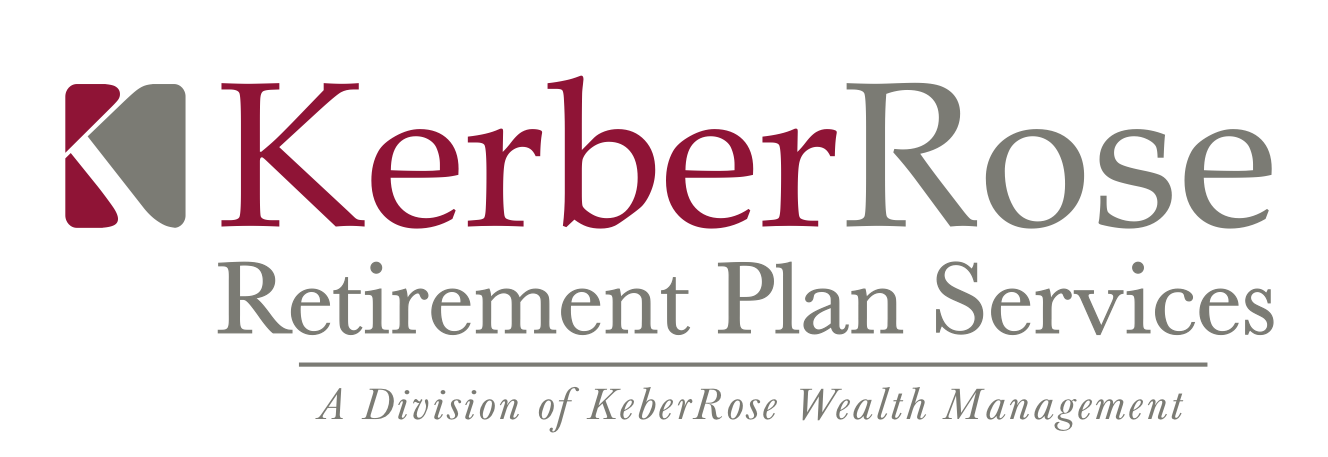Health Modification Can Increase Retirement Dollars
A top concern for individuals nearing retirement is out-of-pocket healthcare costs. A recent survey revealed that 74 percent (of 1,316 U.S. adults aged 50 or older) admit that one of their top fears is out-of-control healthcare costs, and 64 percent are terrified of what healthcare costs may do to their retirement plans (up from 57 percent in 2015).¹
Although the fear is clearly real, there is something people can do mitigate future healthcare costs. Personal care and healthy lifestyle choices can reduce healthcare costs and increase retirement dollars.
Many organizations are initiating wellness programs to promote healthy living among their employees. These programs focus on employee engagement and correcting the health epidemics facing Americans today. Eighty-seven percent of the world’s workers are disengaged.² Additionally, sedentary office culture is being linked to lifestyle-related conditions such as diabetes and heart disease.³
A case study conducted by HealthyCapital follows a typical 45-year-old male (John) diagnosed with high blood pressure. The study showed that John will spend $1,591 more annually out of pocket today versus a healthy person. With a few simple lifestyle adjustments (exercising, limiting alcohol intake, choosing healthy fats and limiting dietary salt) he could save an average of $3,285 annually over his lifetime, extend life expectancy by three years and reduce his pre-retirement (age 50-64) healthcare costs by $65,697. If he invested his annual savings into a typical retirement portfolio, John could generate an additional $100,348 for retirement by age 65.⁴
Annual Out-of-Pocket Healthcare Costs⁵:
AVERAGE WELL MANAGED REDUCTION IN HEALTH EXPENDITURES
Age 45 $2,477 $1,286 $1,192
Age 64 $13,936 $7,343 $6,592
Total Pre-Retirement $138,288 $72,591 $65,697
Total In-Retirement $51,790 $28,031 $23,759
Grand Total $190,078 $100,622 $89,456
Moving from an average lifestyle to well-managed living is a clear win — not only does the well-managed person feel better, they also have additional income in both pre-retirement and retirement.
Encouraging employees to live a well-managed life through wellness programs is not only a benefit for employees, but employers as well through reduction in medical-related employee absence and increased productivity and morale.
